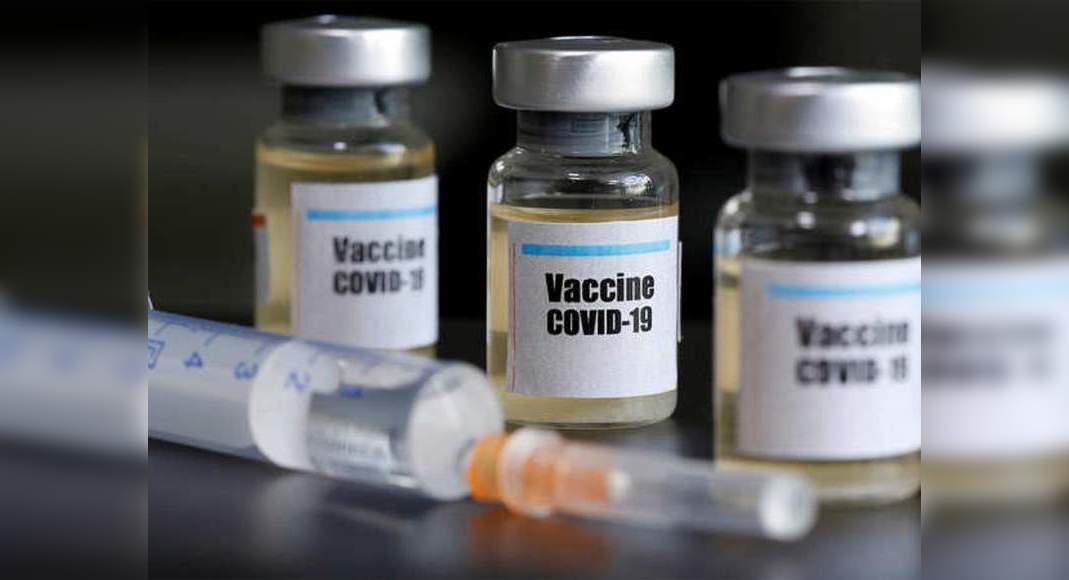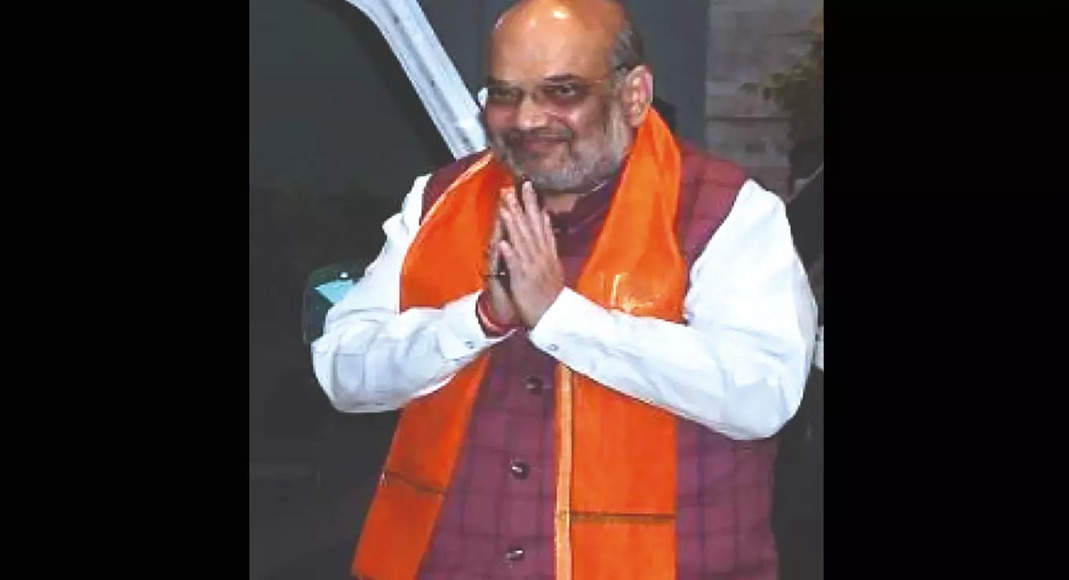LUCKNOW: As the city crossed the milestone of administering 10 lakh dosages of Covid-19 vaccines, a scrutiny of data reveals a gender gap among beneficiaries of all categories.
The reasons, experts say, could be lack of eligibility as pregnant women are not being inoculated due to risk factors.
Also, many lactating mothers are unaware that they have been allowed to take the vaccine.
Other factors include hesitancy due to various reasons and patriarchal social set-up.
Besides, as per 2011 census, the percentage of women is lesser (47.8%) in comparison to men in Lucknow’s about 46 lakh population.
Further, the gap between the healthcare and frontline workers is lesser because women participation in the workforce is less.
Vaccination figures since the start of the drive on January 16 till June 4 shows that the women’s share among beneficiaries (43%) is 4 percentage points lesser than their proportion in the population.
The percentage of women who have been fully vaccinated after taking two doses is even lower (36%).
According to health officers, second dose women beneficiaries are lesser in comparison to first dose recipients because their turnout increased gradually — post-second-wave in May third week.
This rise led to more women getting first dose than earlier, although their number still remained lower than men, they added.
The percentage of second dose women beneficiaries will rise in the coming months because those who took the first shot in May will be eligible for the second after 12-16 weeks – around August-September, health officials explained.
Doctors say that one of the major reasons for lower number of women getting vaccinated is that pregnant women do not qualify for vaccination, while permission to inoculate lactating mothers was given on May 20.
Earlier, both were advised not to take the vaccine due to certain risk factors.
However, later scientists reviewed the effects and on their advice the government allowed lactating mothers to take vaccines.
The decision to permit pregnant women is still under consideration.
Prof Smirti Agrawal, faculty at gynaecology department, KGMU, said that after vaccination for lactating mothers was allowed, the participation of women has slightly increased from the third week of May.
Besides, she added, due to some socio-religious beliefs and rumours that it affects fertility, some families are not allowing women in the house to get vaccinated.
“Another factor is that in our society women are mostly dependent on male members to take them to hospital for stepping out of the house.
In traditional families, women tend to prefer male members, who go out for work, getting vaccinated first.
Long queues for vaccination and overcrowding can also be a deterrent for some,” said Prof Jamal Masood, head department of community medicine and public health, KGMU.







